Russia: Revolution and Civil War 1917-1921
£8.40£10.40 (-19%)
‘A masterpiece of history’
DAILY TELEGRAPH
Between 1917 and 1921 a devastating struggle took place in Russia following the collapse of the Tsarist empire. Many regard this savage civil war as the most influential event of the modern era. An incompatible White alliance of moderate socialists and reactionary monarchists stood little chance against Trotsky’s Red Army and Lenin’s single-minded Communist dictatorship. Terror begat terror, which in turn led to even greater cruelty with man’s inhumanity to man, woman and child. The struggle became a world war by proxy as Churchill deployed weaponry and troops from the British empire, while armed forces from the United States, France, Italy, Japan, Poland and Czechoslovakia played rival parts.
Using the most up to date scholarship and archival research, Antony Beevor, author of the acclaimed international bestseller Stalingrad, assembles the complete picture in a gripping narrative that conveys the conflict through the eyes of everyone from the worker on the streets of Petrograd to the cavalry officer on the battlefield and the woman doctor in an improvised hospital.
Read more
Additional information
| Publisher | 1st edition (25 May 2023), W&N |
|---|---|
| Language | English |
| Paperback | 592 pages |
| ISBN-10 | 1474610161 |
| ISBN-13 | 978-1474610162 |
| Dimensions | 12.8 x 3.8 x 19.6 cm |

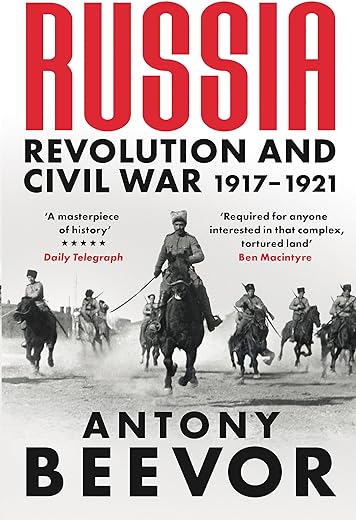

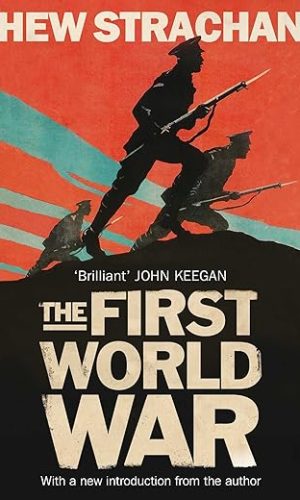
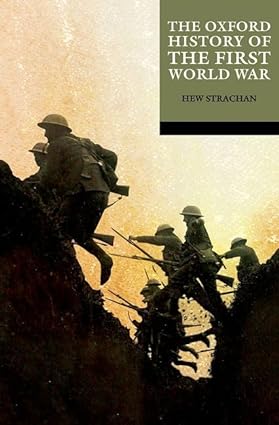
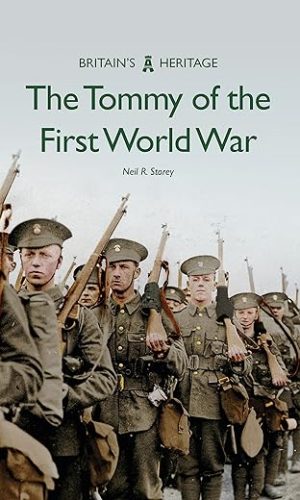
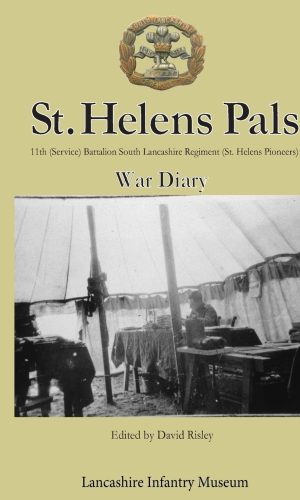

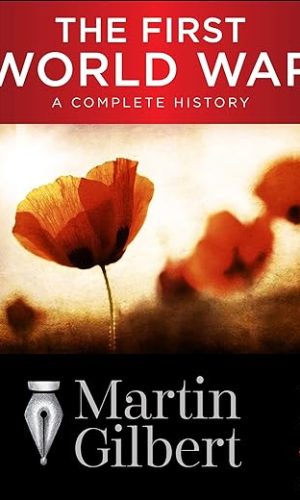
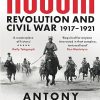
by martin
A detailed account of the civil war following the revolution. I feel it is written, like most books about Russia, with an anti Russian bias. Eg. the civil war could not have happened without foreign intervention, particularly from the Tsarist support of Britain & particularly that of the persistent liar to our Parliament of the war minister W. Churchill. 12M people died. Leningrad was under siege from foreign powers when Stalin was in charge of its defence & untold 1000s died of starvation & cold. The author does not say how many. But later events explain Stalins attitude to Finland, Poland etc. & the people who denied them grain.
I feel an emphasis is laid at the atrocities of the Reds but not as much for the Whites who were also brutal.
Nevertheless a good account worth reading but should be carefully analysed as it explains the forming of attitudes resulting in later events.
The conclusion does not analyse the wests involvement adiquately which is a great omission.
by Eric Lee
This door-stopper of a book is, first of all, a work of military history. Beevor doesn’t have much to say about the social, political or economic history of that tumultuous period in Russia. But he has a lot to say about the various generals, the forces they commanded, their tactics and strategy. His greatest interest seems to be in the White generals, and we get to know Admiral Kolchak, General Denikin and Baron Wrangel as each individually makes their bid to overthrow the Bolsheviks, but then suffers defeat at the hands of the Red Army, commanded by Trotsky. I think that there is far too much detail about all this, which is why I would advise only those interested in military history to pick up this book. The other thing the book is filled with, and I caution readers with a weak stomach, is horror. The stories of torture, sadism and brutality are graphic and shocking beyond belief. As Beevor makes clear, both sides in the Russian Civil War committed terrible crimes, though as he summarises at the very end, the Bolsheviks may have been somewhat worse. Even things like the notorious pogroms conducted against defenceless Jewish communities were committed by both sides, and not only the openly anti-Semitic Whites. Beevor sees some of the inspiration for Nazi atrocities during the Second World War in the brutality committed during this one, such as the genocide of whole peoples. I think that may be a bit of a stretch — the Germans didn’t need inspiration from the Russians for the horrors they inflicted on the world. One minor gripe about the book concerns Georgia. While Beevor correctly points out that Georgia, then an independent country under Social Democratic rule, stayed neutral in the war, he ends the book before Georgia is invaded by the Red Army and forced against its will into the Soviet Union.
by Gabriel Stein
An excellent history of the Russian Civil War in all its multifaceted complexity. I have read other books about this conflict in the past, beginning with Footman’s 1961 history. This is by far the best of them. Strongly recommended.
by Stewart T
Using troops like ammunition is a recurring theme and corruption at every level of government and society seems to figure just as strongly now. Stalin seems to have said that quantity has a quality of its own.
A good if long read and it hammers home the complete disregard that the hierarchy had for the people it was meant to serve. The Romanovs were just as bad and now we have the Putin regime behaving in the same old self-serving way. Ordinary Russians deserve so much better.
by David E
Really enjoyed this book and learnt so much of how the Soviet state emerged from WW1. The involvement of the western powers including Britain on the White Russian side was so informative. Read this.
by Mr. Adrian Mcmenamin
This book covers the many complexities of the Russian Civil War in sometimes painstaking detail, but at the end we do at least get to understand a bit better why the people who controlled most of the land mass of the Russian Empire and who were being aided by the four greatest military powers (as well as by the Germans) lost.
But it’s also flawed in that it tells us so little about Bolshevik choices and motivations. After all, they won and because they never ceded control of the Russian heartland also governed the most populated areas throughout this time – just repeating various statements of their evil nature feels telelogical.
This is not to defend the Bolsheviks – when he sticks to narrative Beevor ably shows their addiction to violence and rejection of democracy. But millions did back them and their coup and then tens of thousands fought for them.
The catastrophe of the Great War was, of course, at the heart of the Bolshevik appeal – they promised to end it immediately (and although they failed in that they did not fight the Germans) – but as so often in British historiography it feels like questioning a war which Britain “won” is a step too far.
by Roger B
I confess I don’t know much about this period of history so a large part of my reason for buying the book was to learn more about the background behind the revolution, how the ideology developed and so forth. The book started off well in this regard but dissolved into page after page of military campaigns littered with constantly introduced names as though the author expected the reader to know all the characters in advance.
I can’t fault the detail in the book but in terms of providing clarity it failed, at least it did for me.